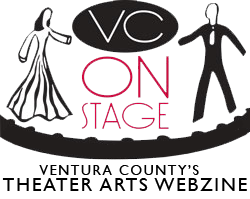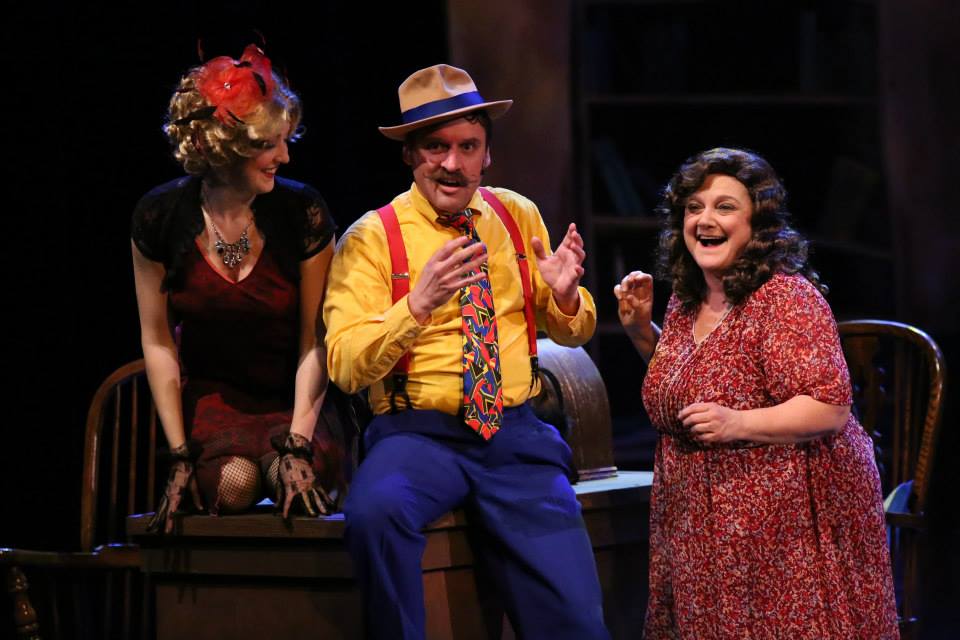BY CARY GINELL
Today we conclude our interview with original Annie producer Irwin Meyer from a few weeks ago.
VCOS: What did you think of the recent motion picture version of Annie?
IRWIN: I didn’t see the recent one, but I didn’t like the first one at all. That was an interesting situation. We were offered money for the movie rights right away, when the show opened on Broadway. A lot of money. And I said to everybody, “After all the struggles we went through, maybe we should sell the rights,” and Martin Charnin said to me, “No, no, no, we can get a lot more money for this.” So we waited, and he was right. We got much, much more. Ten times more. Then the studio decided to have John Huston direct it. Everybody thought that was a terrible idea; he had never directed a musical before. The entire creative team that was involved in the original and successful Broadway production had nothing to do with the movie. They went off and made it themselves with motion picture people. Even Mike Nichols had nothing to do with it. So, in our opinion, the movie didn’t reflect what the show was all about. And we were kind of interested to see how they would translate it, because the dog and the children on a live stage had a lot to do with the immediacy of the production. People always wondered, “Is the dog really going to do this? Is he going to walk off the stage?” And it never failed. It always worked perfectly. The rest is history. The show has become a phenomenon and I don’t think anybody ever expected it to do this well.
As for the Goodspeed Opera House – whenever they put a show on, they get a little piece of the revenues for funding the out-of-town production. That little theater has made millions and millions of dollars. The original return on investment of this show was fantastic. But the show was produced for $800,000, and you can’t do a musical today for that kind of money. Today it costs ten to fifteen milllion. The differential is phenomenal. We had trouble getting investors, even after Mike Nichols came on board. My associate and I actually invested money in the show in addition to producing it. We did it because there was a shortfall and they couldn’t raise all the money that they needed. I couldn’t understand this. But the return was beyond belief.
VCOS: I always wanted to ask you what your favorite song was in the show.
IRWIN: That’s funny. “Tomorrow” is a hard song to get out of your mind. Even at the point where I forget about it, and then I hear it, like I did a couple of weeks ago, I keep thinking about it. But that young lady, Jade McGlynn, who does it in Moorpark was wonderful because everybody who sings that song thinks they have to scream it, like Andrea McArdle did when she was on Broadway. She was a young child with an enormous voice, and she just blew everyone out of that huge theater. But this little girl’s interpretation of the song was interesting because, as I said to my wife, she’s not screaming. She sang the song very softly and it really comes across great. So I think that’s become the standard of the show.
I always listen to the lyrics and every time I hear it, I think how clever Martin Charnin is with “Hard Knock Life” and the Herbert Hoover song, which isn’t a big song in the show, where they homeless people are all living under the bridge, but if you listen to the lyrics, they’re really very clever. There are a lot of nuances and a lot of cleverness in what he wrote. Also, I think Charles Strouse’s music is interesting, because although it follows the period’s theme, the songs are very different. “NYC” is a big production number, of course, and when it is done in a big theater, is a huge production number. That number didn’t even exist when we were in Connecticut.
But I like the whole score. I remember when I brought it home, and I put the 33 1/3 on my record player and my wife thought I was out of my mind. She said, “What are you doing?” And I said, “This is really wonderful.” And she said, “Are you listening to this?” And I said, “I really am.” She said, “Do you like it?” I said, “It’s timely for where we are today.” Jimmy Carter was president and the United States was going through an interesting period, and I thought this was really something that was kind of cool.
VCOS: Why is this show so timeless?
IRWIN: Why is Oklahoma! timeless? It’s a happy show. I think that when people go to the theater, unless you’re going to see a drama and you’re in that mood, I think people go just to have a good time. I noticed that people brought their children, so it’s a family show. I’ll tell you that when the show opened in New York, one of the most shocking things we did – there was some statistical research and we found out that a lot of people who came to the show were men on business expense accounts who brought other men to see the show. I can’t answer why, because there is a certain magic in the theater. But this show seems to have sustainability because it appeals on a lot of levels: men, women, children of all ages, and it brings something different to each person. But the most important thing is that it’s a simple, enjoyable evening. You can sit back, relax, have fun, and it’s got hummable tunes. Sometimes you see musicals and you don’t remember any of the songs, but in a show like Oklahoma! or South Pacific, you remember the songs. That’s what Annie has. It has “rememberability,” and it also gets a lot of repeat business. People go back to see the show more and more.
********************
High Street Arts Center’s production of Annie concludes its run this weekend. For showtimes and directions to the theater, visit the VC On Stage Calendar.






No Comments